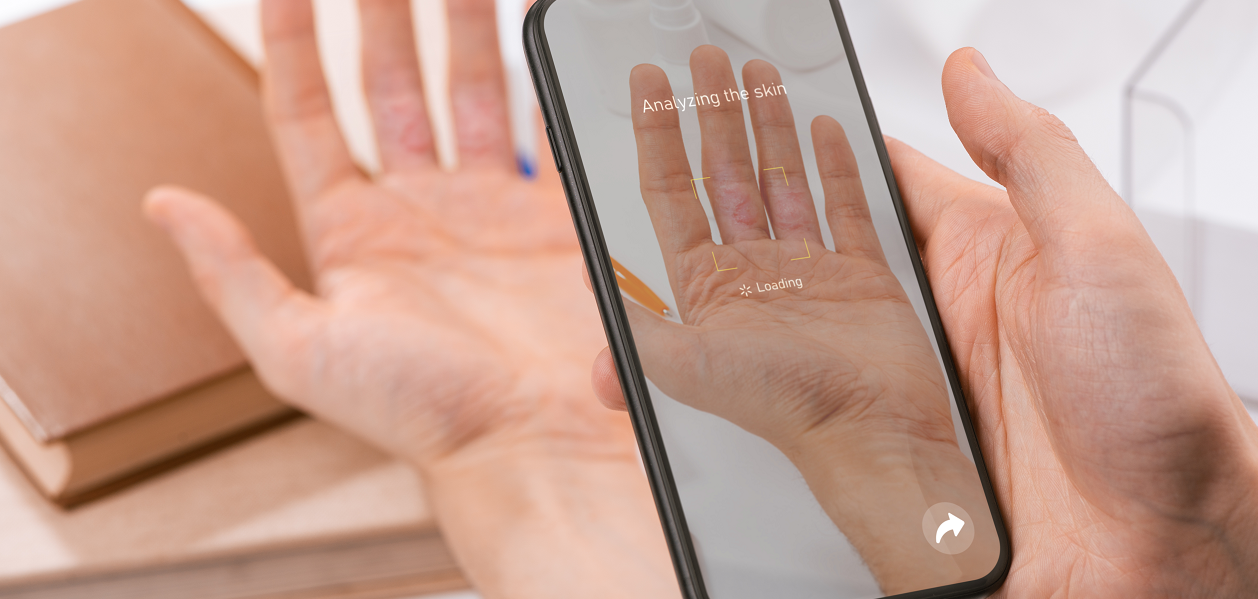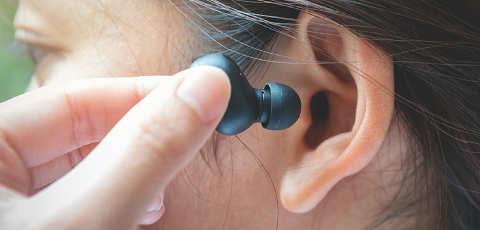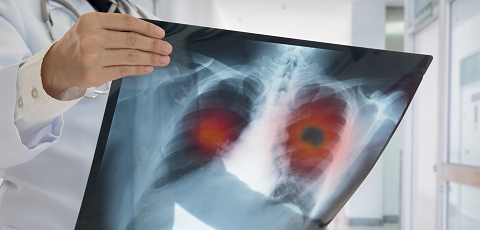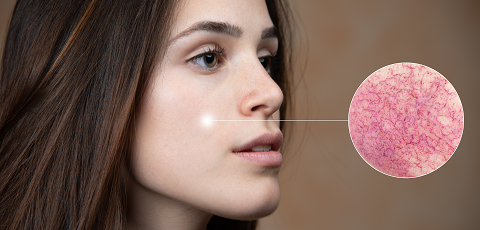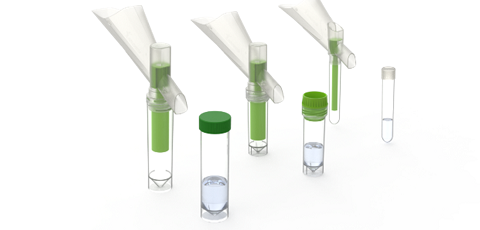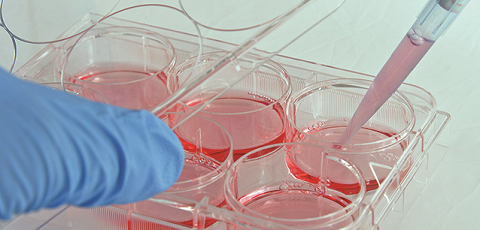The rise of DIY care
Recent technological advancements make it possible for healthcare to start at home, removing the inconvenience and worry surrounding traditional methods.
From booking an appointment to waiting to meet with the doctor—visits to clinics and hospitals can be nerve-wracking, or at the very least inconvenient, for many. In fact, as of 2019, the global telemedicine market had grown to roughly US$50 billion and climbing as more patients choose the at-home option of consulting a doctor online.
To offer individuals further control over their healthcare, innovators have developed easy-to-use portable devices that can offer insights into major concerns like lung cancer as well as provide solutions to common issues like snoring. As DIY care continues to advance, patients will be able to manage their own health with more accuracy than ever before.
Sound sleep solutions
For many of us, the COVID-19 pandemic has thrown our entrenched working modes and lifestyles into disarray. While we bravely confront the so-called new normal, such change can lead to stress and a series of mental health concerns and sleep disruptions. When it comes to health, sleep is as vital as regular exercise and a balanced diet—disrupted sleep can lead to a variety of issues from high blood pressure to depression.
One sleep-disrupting disorder is sleep apnea—where breathing repeatedly stops and starts throughout the night, preventing quality sleep and causing serious snoring. Unfortunately, sleep apnea is notoriously difficult to detect.
Developed in Hong Kong, a pair of lightweight and non-intrusive smart hearables were designed to detect sleep apnea episodes and gently wake the user up for a change in sleep posture. Additionally, users’ physiological data can be sent directly to a smart phone for easy monitoring.
Sleep data can also offer valuable medical information. For example, while sleeping, brain activity can be tracked and monitored through electroencephalogram (EEG) signals—electrical patterns that emanate from the surface of the scalp. Useful for multiple health assessments, these patterns can be used to uncover various mental and emotional states.
Harnessing the power of EEG signals, innovators from Singapore have developed an artificial intelligence (AI) platform that pairs with low-powered, portable, Bluetooth-enabled EEG wearable devices. Healthcare professionals, researchers and even third-party developers will be able to easily measure EEG signals and accurately interpret the signals with the AI platform. Users can then create solutions using the platform’s software development kits to address brain health and mental wellness including pain management, attention training, meditation and more.
Effective disease detection
A major benefit of DIY healthcare and wearables is the early detection of disease risk. Detection, particularly early detection, is crucial when it comes to treating severe diseases such as lung cancer—in which late diagnosis is common and can be detrimental.
By the time of diagnosis, many patients with lung cancer are at the late stages of the disease with a poor prognosis. However, Singapore-based innovators have developed non-invasive breath tests that advance efforts towards early diagnosis. Patients simply breathe into the device and a built-in analyser equipped with machine learning technology detects chemicals from cancer-related metabolic activities. With this device, the prognosis of early-stage lung cancer can be improved by up to 80 per cent through recommended treatments.
Besides the breath, the skin can also offer valuable insights into human health. However, accessibility to self-monitoring devices for the skin is a major issue as conventional diagnostic imaging requires the patient to be physically present at the clinic.
Recently, with the advent of HD smartphone cameras and the timely arrival of telehealth network operations, skin analysis has transformed to include the option of being conveniently facilitated by a smartphone app. Developed in the United Kingdom, this technology allows patients to monitor their skin health from the privacy of their homes, while enabling skin specialists to perform in-depth diagnosis and management of a wide range of skin diseases.
A modern twist on old-fashioned tests
The DIY trend continues with the detection of diseases that traditionally involve invasive diagnostic techniques, commonly associated with discomfort like pap smears for the detection of human papillomavirus, the most common sexually transmitted infection, as well as tissue biopsies for cancer diagnosis.
In particular, a urine device from Belgium allows patients to collect urine samples at home with ease. The samples can then be sent to labs for further analysis, providing a convenient, non-clinician dependent alternative to traditional methods.
Non-invasive test kits for clinical use can also greatly benefit the elderly. For example, Alzheimer’s disease can be better managed with early diagnosis, but the side effects of standard clinical tests may deter patients from early testing. With a non-invasive and ultra-sensitive diagnostic kit developed in Hong Kong, accurate detection of Alzheimer’s disease biomarkers can be done easily without pain, serving as a more encouraging technique for the elderly.
From smart wearables that enhance well-being fashionably to effective self-testing kits that eliminate the unpleasantness of traditional diagnostic tests, the rapid innovation in the DIY care sector offers affordable and accessible healthcare to all.
For more on wearable health technology for everyone from elite athletes to babies and the elderly, read the first part of this article on DIY care here. To find out more about potential partnerships and tech offers, contact us at [email protected].
Featured Tech Offers
